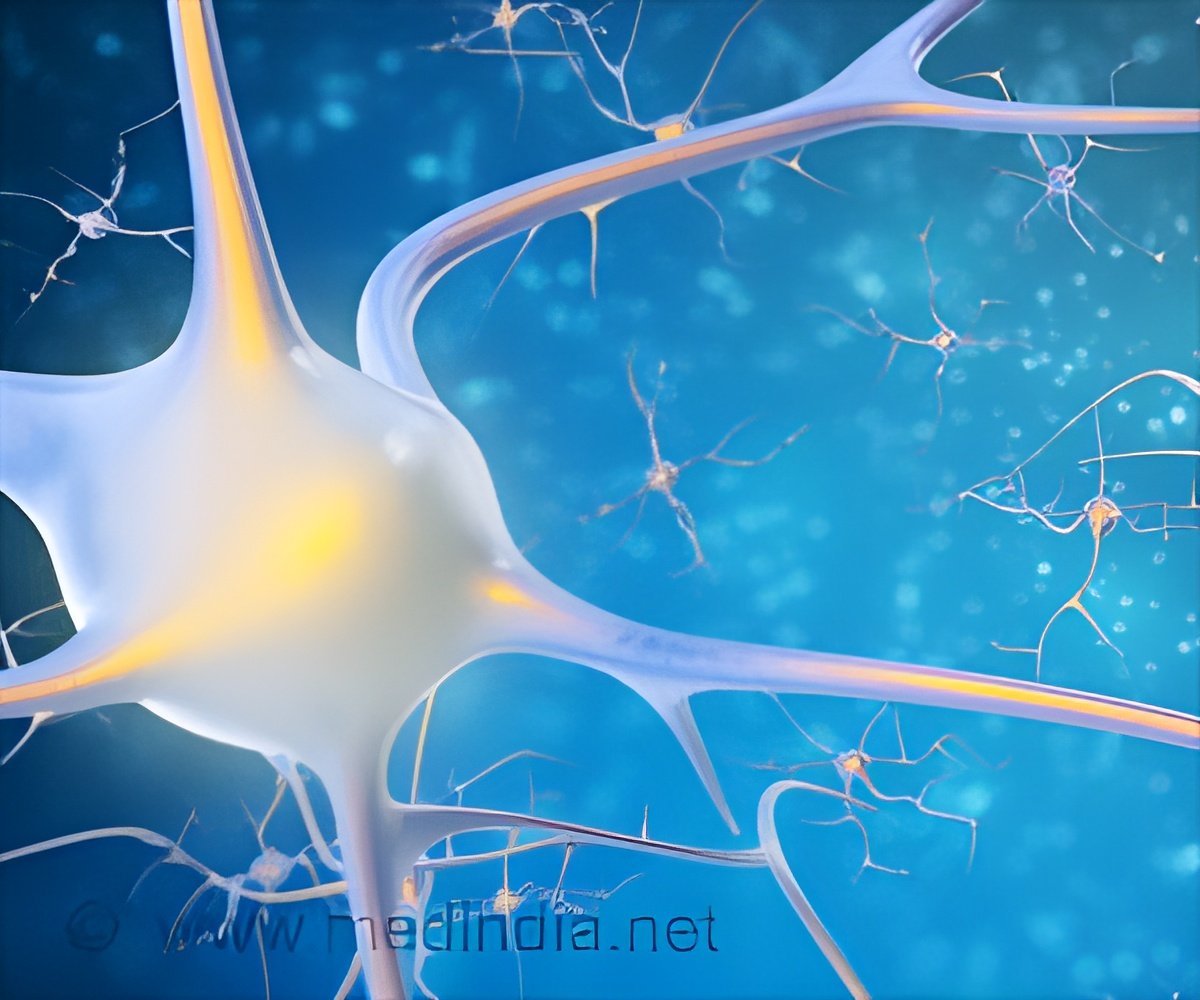
The researchers gave high doses of steroids to the participants before randomly assigning them to anti-LINGO-1 or placebo. Anti-LINGO-1 was supplemented to the participants every four weeks until six doses were given and assessed every four weeks for six months and a final assessment at eight months.
Participants supplemented with anti-LINGO-1 had significantly improved nerve repair (34 percent greater at six months and 41 percent at eight months) compared with participants who received a placebo.
Dr. Diego Cadavid, Researcher from Biogen in Cambridge, Massachusetts and lead author of the study said, "This study, for the first time, provides biological evidence of repair of damaged myelin in the human brain, and advances the field of neuro-reparative therapies."
The drug has been found to repair myelin, improving nerve signaling and in some cases restored the complete function.
Bruce Bebo, executive vice president for research, National Multiple Sclerosis Society, said, “Finding ways to restore myelin holds significant promise as a strategy to restore the function that multiple sclerosis has taken from people and reducing or stopping multiple sclerosis progression.”
Advertisement
Advertisement













